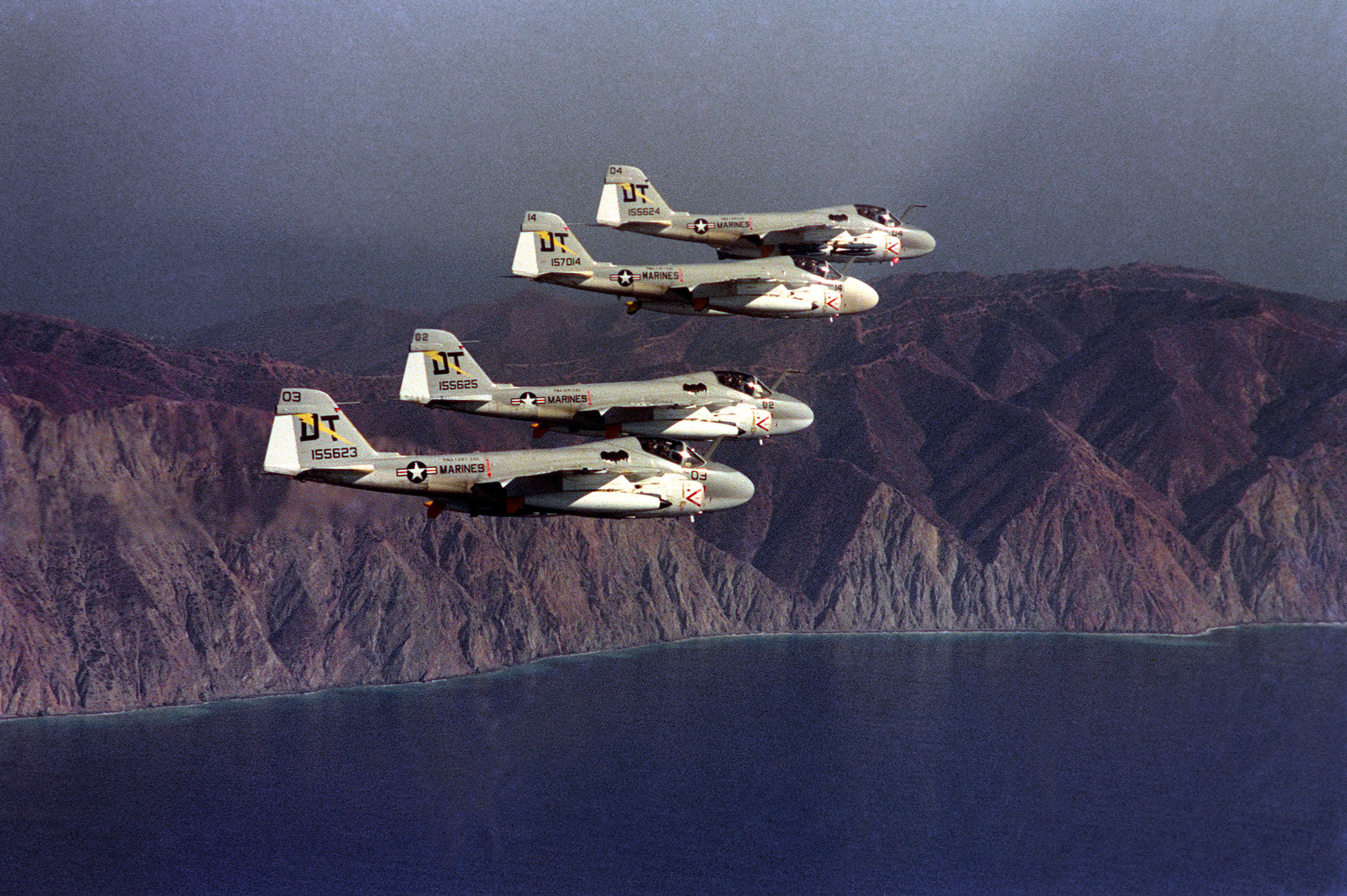
The Grumman A-6 Intruder flew for the first time fifty-four years ago today. The A-6 was the result of a 1957 Navy request for proposal for an all-weather attack jet to replace the AD Skyraider. Initially known as the A2F-1, the Intruder was re-designated as the A-6A when the Navy, Marine Corps and Air Force aircraft designation systems merged in 1962. The A-6 was to be the first Navy aircraft for which the manufacturer was responsible for both the weapon system and the airframe. The most important feature of the Intruder was an advanced all-weather electronic attack system named DIANE (Digital Integrated Attack Navigation Equipment). DIANE utilized computers and separate track and navigation radars to provide a high degree of bombing accuracy, even at night and in poor weather. Powered by two Pratt & Whitney J52 turbojet engines, the Intruder was capable of carrying a weapons load of nearly 18,000 pounds! Dedicated KA-6D tankers were modified from high-time A-6A models early on, replacing the KA-3B Skywarrior in the aerial refueling role. Buddy stores eventually enabled any A-6 to serve as a tanker and were a welcome sight for returning tailhookers. The definitive variant of the Intruder was the A-6E. The heart of the A-6E’s attack avionics was a Forward Looking Infrared (FLIR) and laser designator sensor used for target identification and self-contained laser-guided bomb delivery. Mounted in a turret under the nose, the Target Recognition Attack Multi-sensor (TRAM) system used gyro stabilization to rotate and keep the target designated for precise unguided or laser-guided munitions strikes. The Intruder was one of the primary weapons systems of Operation Desert Storm, flying 6,444 combat sorties and providing tactical bombing and close support air power from aircraft carriers and land bases.
This aircraft is a special airplane for AE’s Anthony Svihlik, in fact the A-6 Intruder was the first aircraft he served as a Plane Captain and worked on in the Navy. Visit AE’s website at www.aviation-enthusiasts.com for more aviation memories!








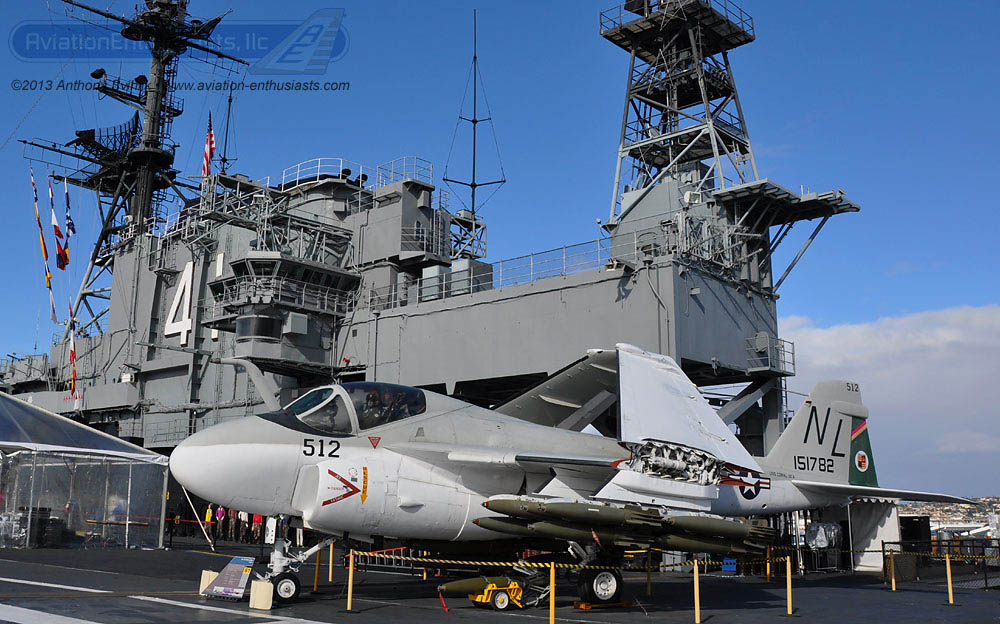

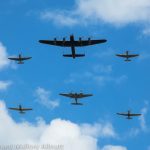
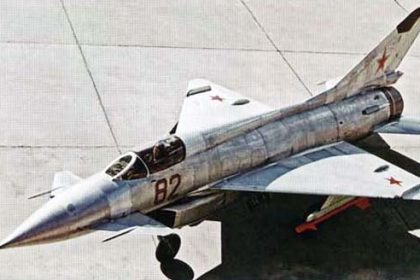
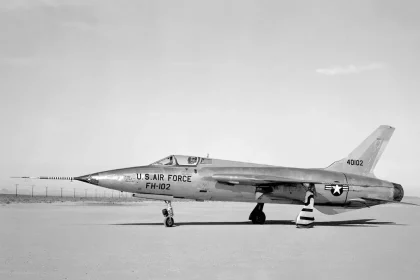
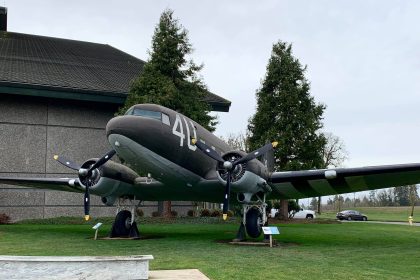
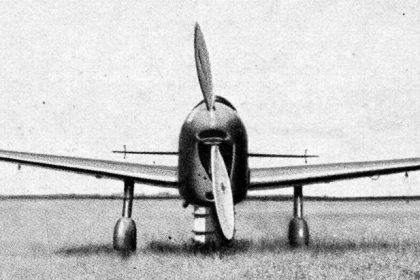
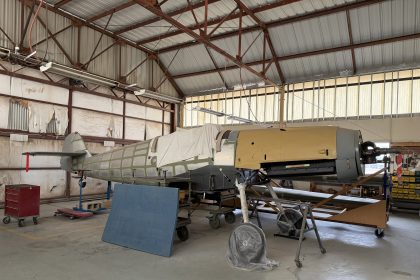
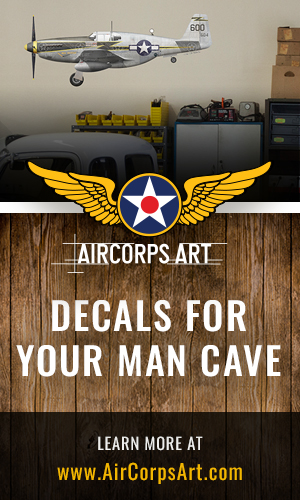
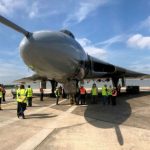
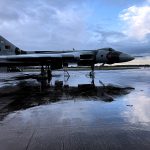
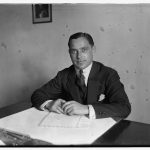
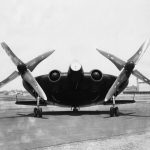
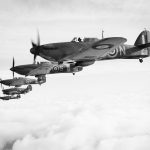
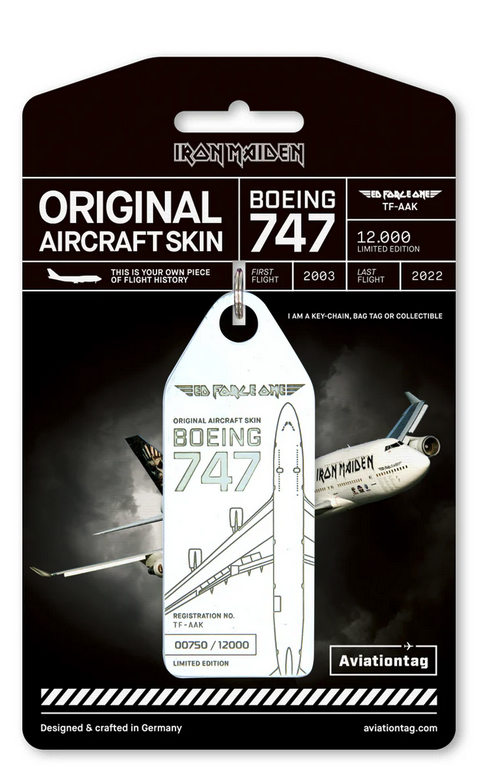

I have a Friday, April 19, 1957 Grumman Plane News in good condition.